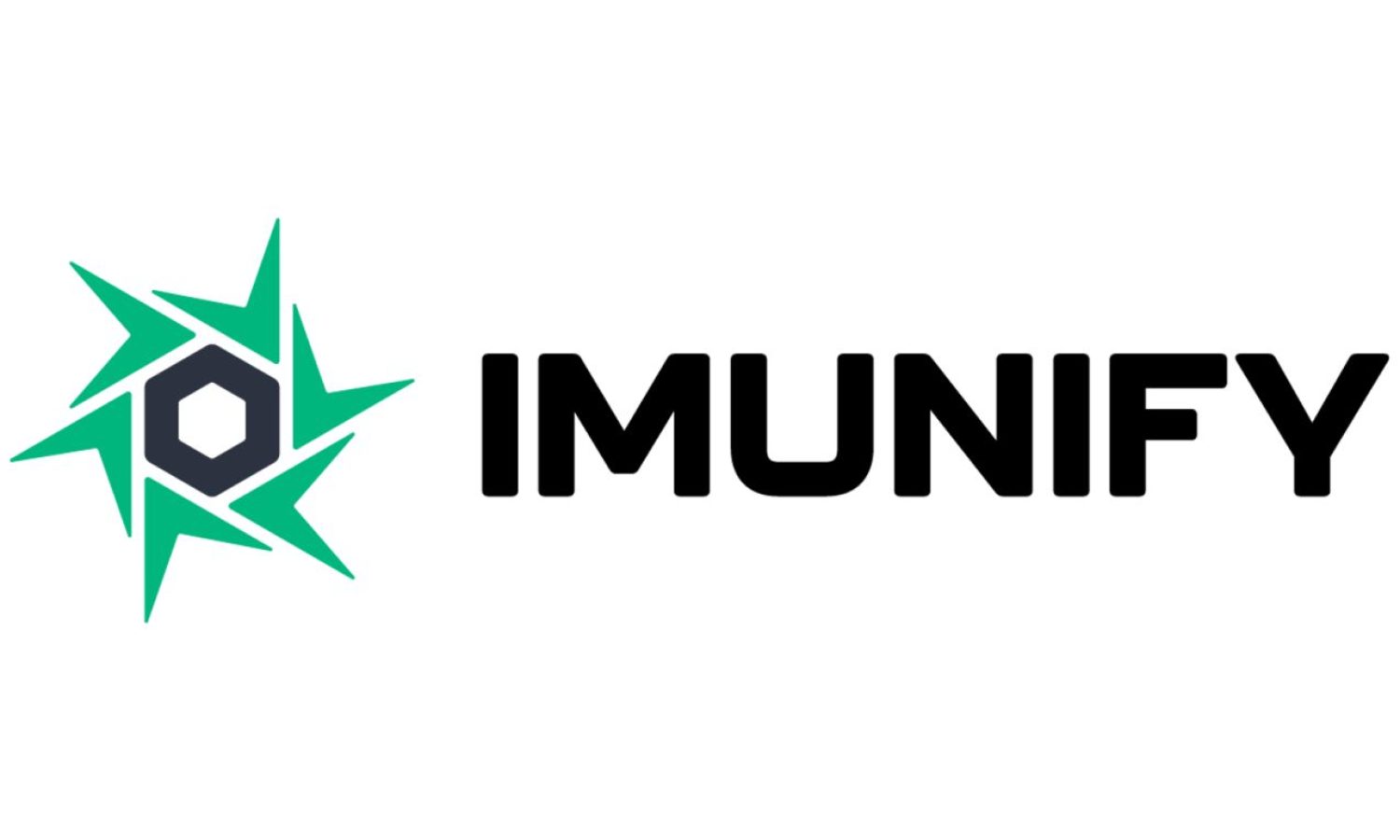i2C Member Spotlight: Imunify Security
Established in 2017 to protect Linux-based web servers, Imunify Security helps web hosters fight against malicious attacks, malware, and bad-guy bots. Their flagship product, Imunify360, processes nearly half a million incidents each day. We caught up with Dennis Kittrell, VP Product – Hosting at Imunify, to talk about safer hosting and the two sides of the AI coin.
i2Coalition: Can you give us the elevator pitch for Imunify?
Dennis Kittrell: Imunify redefines web server security through our unique Proactive Defense technology, which stops malicious code execution in real-time—even from zero-day threats and obfuscated attacks. Unlike traditional solutions that just scan files, we analyze actual PHP script behavior at runtime, preventing damage before it occurs. Our technology is trusted by major hosting providers worldwide, protecting over 50 million websites while maintaining the industry’s lowest false-positive rate. What truly sets Imunify apart is our ability to detect and clean malware inside databases—a critical element that traditional file-based security solutions miss.
i2Coalition: Please tell us more about Imunify360—we think it needs its own elevator pitch.
DK: Imunify360 is our flagship all-in-one security suite that combines proactive defense, real-time malware protection, Web Application Firewall, and intrusion prevention into a single automated platform. What makes it unique is its ability to provide ‘install and forget’ protection through AI-driven threat detection and automated cleanup, while maintaining one of the lowest false-positive rates in the industry. It’s specifically designed for hosting providers who need enterprise-grade security without the enterprise-level complexity.
i2Coalition: What effect has the rapid evolution of AI had on your service offerings?
DK: The rapid evolution of AI has had both positive and negative impacts on our service offerings. Malicious actors now leverage large language models (LLMs) to rewrite malware, making it much more difficult for traditional signature-based detection methods to keep up. This has driven us to adopt advanced techniques to identify and clean malware more effectively. On the positive side, we’ve harnessed AI and LLMs to automate a significant portion of our own malware response, reducing the workload for our analysts. While human expertise remains essential, these advancements enable our analysts to work with greater efficiency and precision.
i2Coalition: Why did your team find it important to join the i2Coalition?
DK: As pioneers in web server security with a unique approach to collective threat intelligence and automated protection, we recognize the importance of sharing our expertise with the broader hosting community. Joining the i2Coallition—and particularly the Secure Hosting Alliance—allows us to contribute our deep understanding of emerging threats and automated defense strategies. Our experience in protecting hundreds of thousands of servers worldwide gives us valuable insights into attack patterns and effective defense mechanisms that can benefit the entire hosting ecosystem.
i2Coalition: Which i2Coalition initiatives connect most deeply with your team’s ethos?
DK: The Secure Hosting Alliance initiative provides a platform for sharing our expertise in automated security solutions and real-time threat detection. Having developed innovative approaches like our proactive defense technology and collective immunity system, we can help shape industry best practices around automated security measures. We’re particularly interested in advancing discussions about how modern security automation and AI-driven protection can help hosting providers maintain security at scale without increasing operational overhead.
i2Coalition: Where does government policy interface with your work on a daily basis?
DK: Our focus is on advancing the technical state of the art in web server security. We leave policy discussions to others while we concentrate on developing innovative security solutions for the hosting industry.

